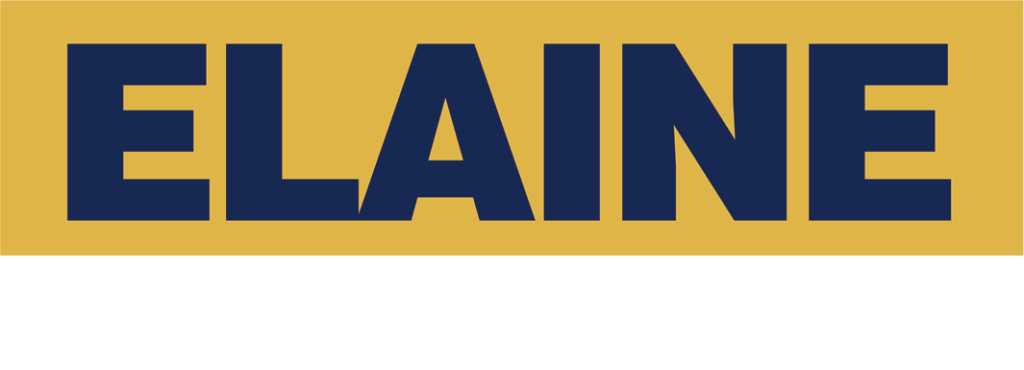The House of Representatives voted 228-164 Friday to pass historic reform legislation that decriminalizes marijuana on the federal level.
The Marijuana Opportunity Reinvestment and Expungement (MORE) Act (H.R. 3884) will permit states to more effectively regulate marijuana.
“I am pleased to join my colleagues in the House in voting to pass the MORE Act to bring much-overdue changes to our outdated marijuana laws and regulations,” said Virginia Democrat Elaine Luria. “This historic reform package would take steps to begin repairing the disproportionate harm these archaic laws have caused on communities of color and allow states to regulate marijuana in a responsible and safe manner.”
“Virginia NORML applauds Representative Luria for her leadership on cannabis policy and on today’s historic vote. She has been an outspoken champion for ending the failed policy of prohibition and undoing the damages of marijuana criminalization,” said Jenn Michelle Pedini, Executive Director of Virginia NORML. “As Virginia’s medical cannabis industry continues to grow and the state considers adult-use in 2021, eliminating the existing conflict between Virginia and federal laws and ensuring the Commonwealth’s authority to legally regulate cannabis is more important than ever.”
The MORE Act would update current marijuana regulations and correct historic injustices by:
- Decriminalizing marijuana at the federal level by removing it from the Controlled Substances Act. This would apply retroactively to prior and pending convictions and allow states to set their own policies without the threat of federal interference.
- Requiring states to expunge prior convictions, allowing prior offenders to request expungement, and requiring courts to conduct re-sentencing hearings for those still under supervision.
- Creating opportunities for local and minority entrepreneurs by assessing a 5% sales tax on marijuana products to create an Opportunity Trust Fund, which includes:
- The Community Reinvestment Grant Program, which provides services to individuals most adversely impacted by the War on Drugs, including job training, legal aid, literacy programs, youth recreation, and substance use treatment.
- The Cannabis Opportunity Grant Program, which would offer loans to small businesses in the marijuana industry that are owned by socially and economically disadvantaged individuals.
- The Equitable Licensing Grant Program, which will fund programs that minimize barriers to marijuana licensing and employment for those harmed by the War on Drugs.
- Opening Small Business Administration funding for marijuana-related businesses and service-providers.
- Implementing anti-discrimination protections for marijuana use or possession and prior convictions for marijuana offenses. Including:
- Prohibiting the denial of federal benefits based on marijuana use or possession, or prior marijuana offense convictions

